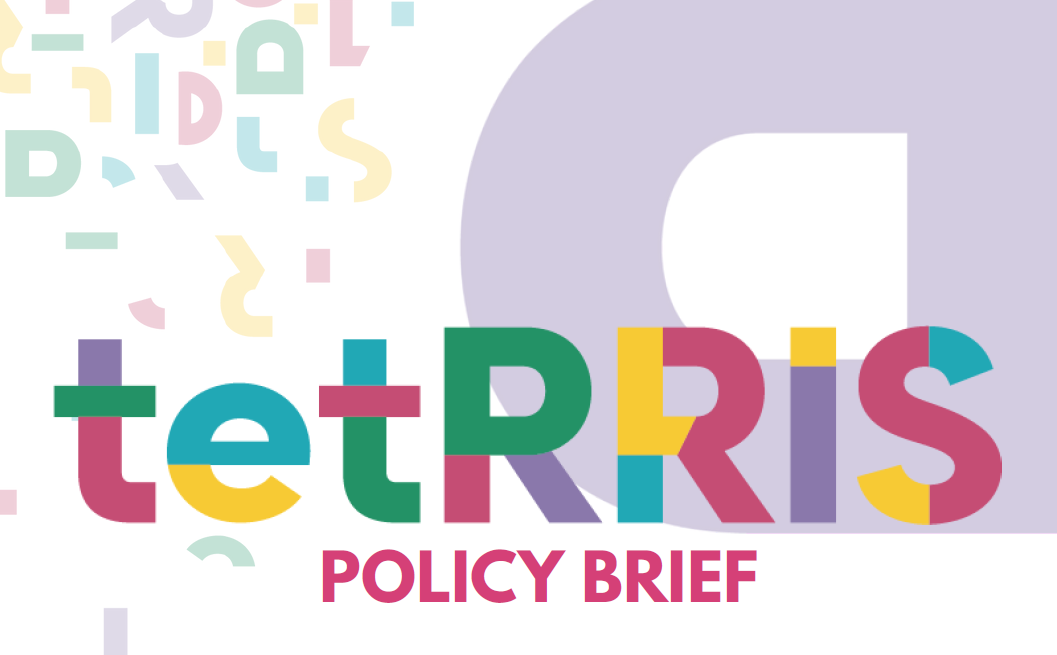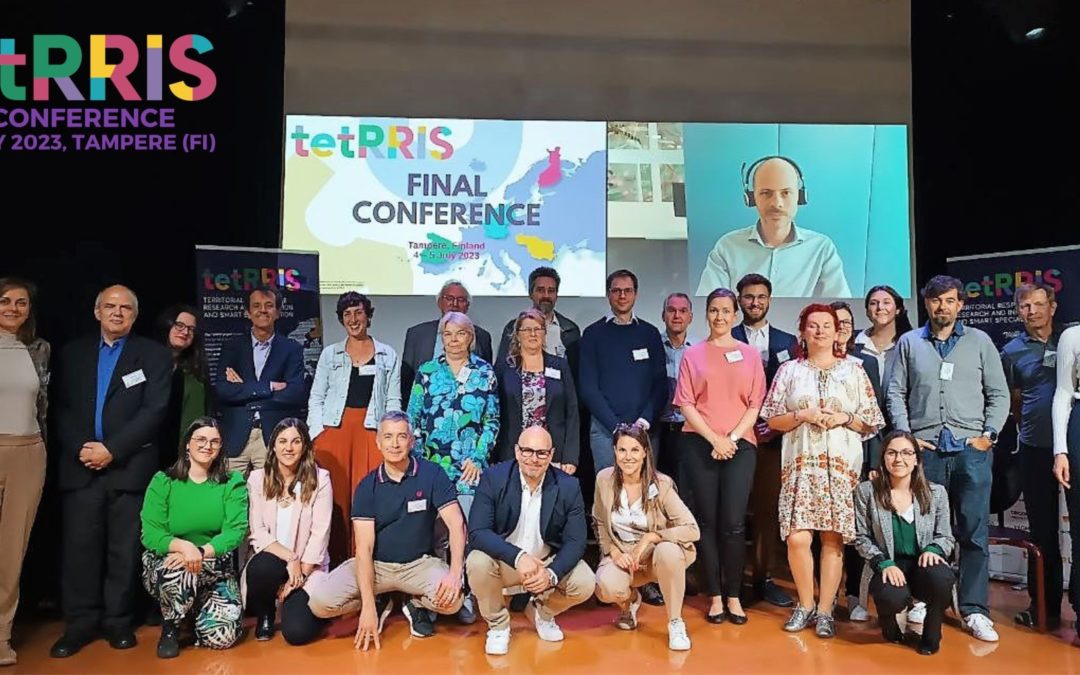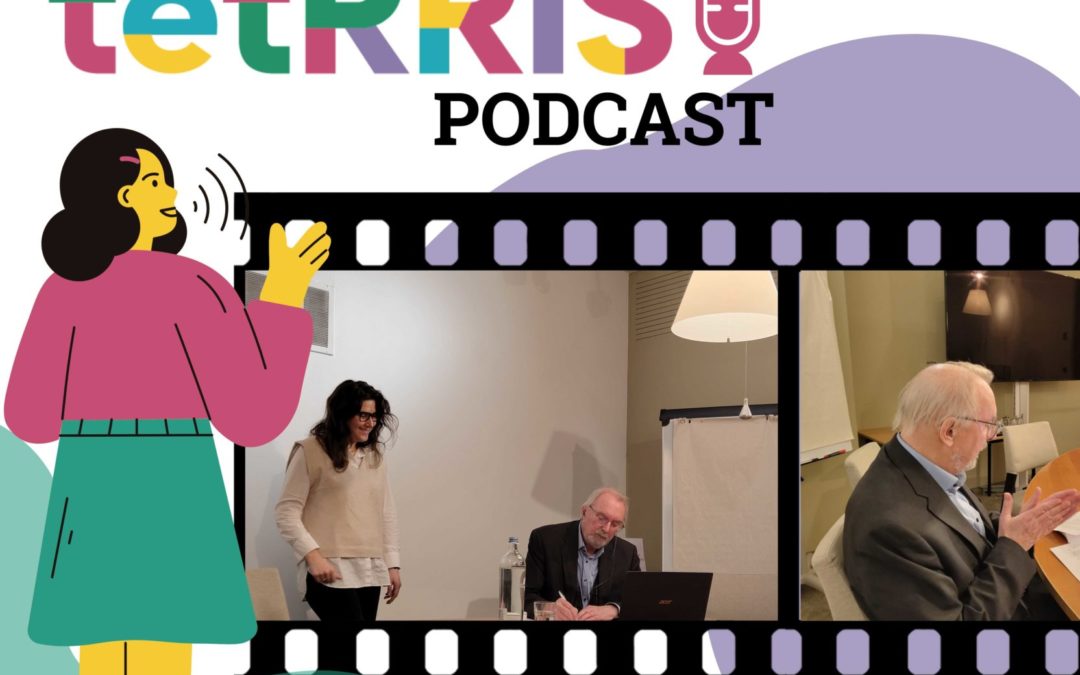The institutional changes that are taking place as part of the TetRRIS project are the main element that ensures the effective exploitation of the project results. It profits from the fact that the H2020-SwafS-14 call itself includes the obligation to include these territories in the projects, to analyse their ecosystems and establish a set of actions that make the innovation ecosystem more open and inclusive. Consequently, all the projects of this call mobilise their capacities to improve the governance of these territories. The institutional changes are always long-lasting, beyond the lifetime of the projects.
There is a favourable context in the territories for institutional changes. The timeframe in which this project is being implemented is well-timed to benefit from these favourable territorial settings, as European regions are currently implementing the second generation of their smart specialisation strategies (RIS3). These strategies guarantee the long-term exploitation of the RRI project results. In the regions where the TetRRIS project is being implemented, the need for serious in-depth analysis has perfectly complemented the work done to develop the strategies. In all four territories (Szeged, Cantabria, Karlsruhe, and Tampere), serious work has been done on stakeholder interviews and mapping. These conclusions are improving the initial design of the RIS3. Thanks to this European project it was possible to incorporate the RRI keys (public engagement, open access, gender, ethics, science education) into the RIS3 strategies, which undoubtedly improve the design of smart specialisation strategies. The TetRRIS project has also made it possible to mobilise academics from outside the region (and the example of other territories), who have contributed new ideas for the development of smart specialisations.
The exploitation of TetRRIS results will also be carried out by entities outside the project. It is important that we widely disseminate the results of the project, as they can serve as inspiration for other territories. Within the project itself, unique useful actions are being carried out in the territories, all of them co-designed with the scientific quality of TeRRItoria’s academic partners. Cantabria is using an innovative Social Labs approach (involving a wide range of authorities and stakeholders), Tampere has a singular operative approach to citizens’ engagement on public policies, Karlsruhe is running an effective wide network of practitioners, and Szeged has linked its ecosystem transnationally with Timisoara. All four are examples of operative actions for institutional changes in territories. Due to their practical concreteness, and the scientific rigour with which they have been designed, they are examples that will inspire other regions. We have the commitment to make these results known, available and transferable to other experts on regional economic development.
Hits: 190






0 Comments